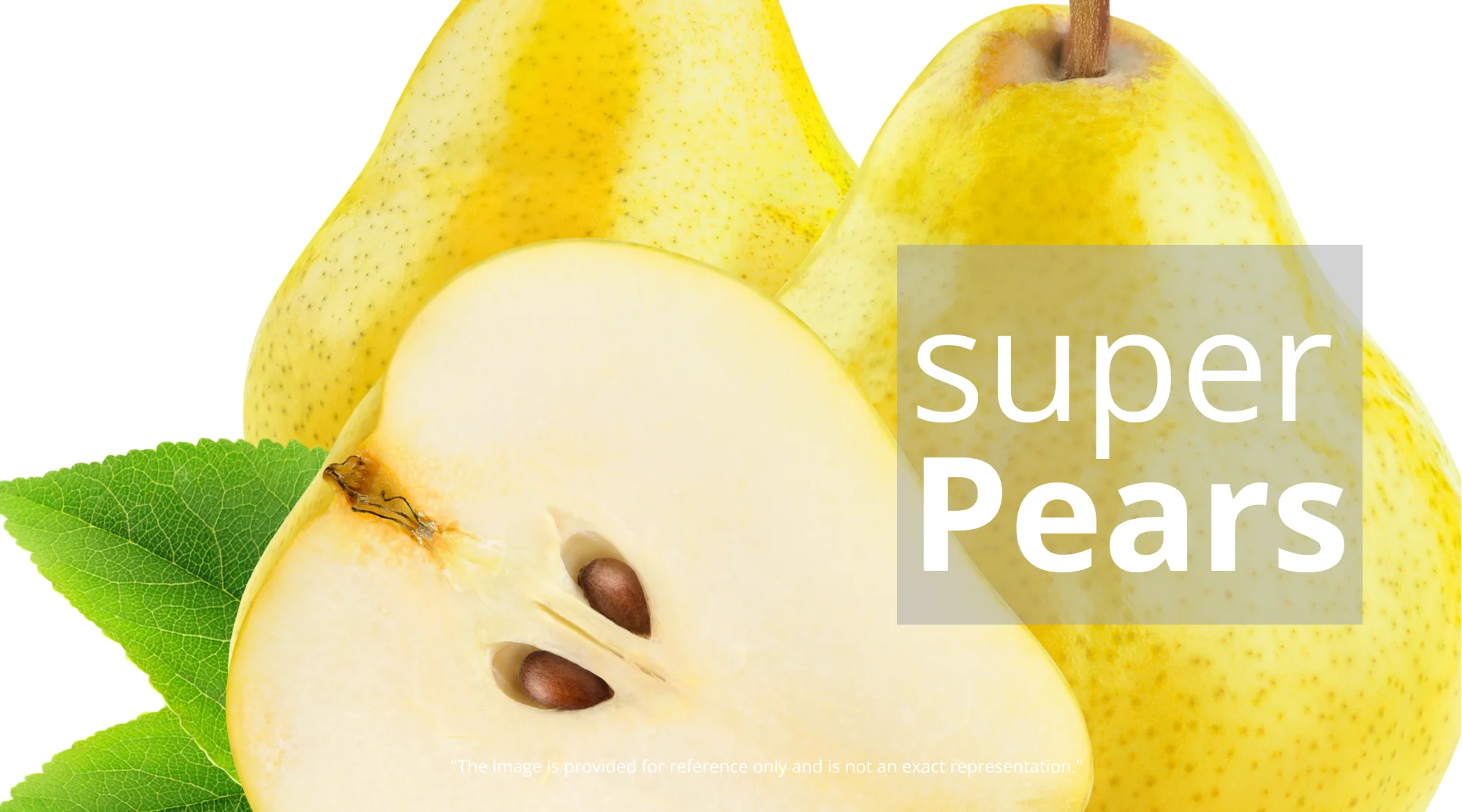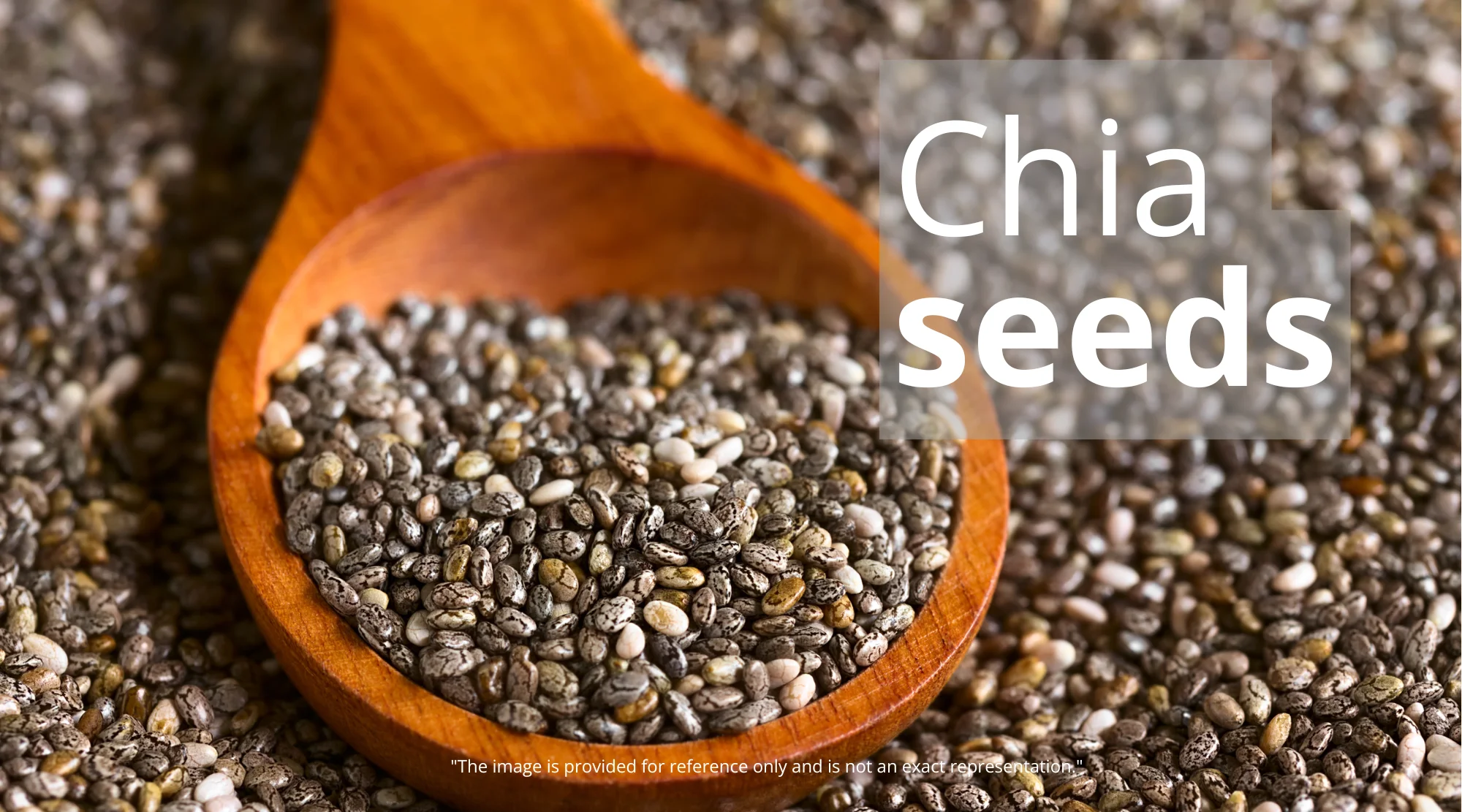The quest for a longer, healthier life often leads us down complex paths filled with fleeting trends and confusing information. However, one dietary approach consistently earns praise from health professionals and researchers alike: the Mediterranean Diet. Renowned for its emphasis on whole, unprocessed foods and healthy fats, this isn’t just a diet; it’s a lifestyle that can potentially increase longevity and enhance overall well-being. What are the core components that make this diet so effective? Let’s delve into the must-have elements of the Mediterranean diet and how you can incorporate them into your daily life for optimal health.
Unveiling the Secrets of the Mediterranean Diet for Longevity
The Mediterranean Diet is more than just a way of eating; it’s a holistic approach to health and wellness rooted in the traditional eating habits of people living in countries bordering the Mediterranean Sea. Research consistently shows its positive impact on heart health, brain function, and overall lifespan.
This dietary pattern emphasizes plant-based foods like fruits, vegetables, whole grains, and legumes, coupled with healthy fats primarily from olive oil. Fish and poultry are preferred over red meat, and dairy products are consumed in moderation. Let’s explore the critical components that contribute to the diet’s powerful health benefits.
Embracing Abundant Fruits and Vegetables
A cornerstone of the Mediterranean Diet is the generous consumption of fruits and vegetables. Aim for a colorful array of produce daily, as different colors indicate a variety of vitamins, minerals, and antioxidants. These nutrients combat free radicals, protecting cells from damage and reducing the risk of chronic diseases.
From juicy tomatoes and vibrant bell peppers to leafy greens and sweet berries, the options are endless. Incorporate them into every meal and snack, aiming for at least five servings a day. Consider visiting your local farmer’s market for the freshest, seasonal options.
Prioritizing Whole Grains Over Refined Carbs
Swap white bread, pasta, and rice for whole-grain alternatives. Whole grains retain the bran and germ, providing essential fiber, vitamins, and minerals that are lost during the refining process.
Fiber promotes healthy digestion, helps regulate blood sugar levels, and contributes to feelings of fullness, aiding in weight management. Opt for whole-wheat bread, brown rice, quinoa, oats, and barley. These choices provide sustained energy and contribute to overall health.
Choosing Healthy Fats, Especially Olive Oil
Olive oil is a signature ingredient in the Mediterranean Diet and a primary source of monounsaturated fats. These fats are beneficial for heart health and may help lower bad cholesterol levels. Choose extra virgin olive oil, which is the least processed and retains the most antioxidants.
Use olive oil generously for cooking, salad dressings, and drizzling over dishes. Other healthy fat sources include avocados, nuts, and seeds. Remember, moderation is key even with healthy fats, as they are still calorie-dense.
Incorporating Legumes for Plant-Based Protein
Legumes, such as beans, lentils, and chickpeas, are nutritional powerhouses packed with protein, fiber, and essential nutrients. They are an excellent plant-based protein source and can be used in various dishes, from soups and stews to salads and dips.
Legumes are also low in fat and cholesterol-free, making them a healthy addition to any diet. Aim to include legumes in your meals several times a week for a boost of protein and fiber.
Emphasizing Fish and Poultry Over Red Meat
The Mediterranean Diet emphasizes fish and poultry as primary protein sources, limiting red meat consumption to only a few times per month. Fish, particularly fatty fish like salmon, tuna, and mackerel, are rich in omega-3 fatty acids.
Omega-3s are essential for brain health, heart health, and reducing inflammation throughout the body. Aim for at least two servings of fish per week. Poultry, like chicken and turkey, is a leaner protein option compared to red meat.
Moderating Dairy Intake
Dairy products, such as cheese and yogurt, are consumed in moderation in the Mediterranean Diet. Choose low-fat or non-fat options and opt for yogurt with live and active cultures, which can promote gut health.
In Mediterranean cultures, sheep’s and goat’s milk products are often preferred over cow’s milk. These options may be easier to digest for some individuals. If you are lactose intolerant, consider lactose-free dairy products or dairy alternatives like almond or soy milk. You can also read: High-Calcium Foods: Your Guide to Stronger Bones & Health.
Using Herbs and Spices Instead of Salt
Instead of relying on salt to flavor your dishes, embrace the vibrant flavors of herbs and spices. The Mediterranean Diet features a wide array of aromatic herbs and spices like oregano, basil, rosemary, thyme, and garlic.
These ingredients not only add flavor but also provide antioxidants and anti-inflammatory compounds. Experiment with different combinations to discover your favorite flavor profiles and reduce your sodium intake, promoting healthy blood pressure.
Savoring Nuts and Seeds as Snacks
Nuts and seeds are nutrient-dense snacks that provide healthy fats, protein, fiber, and essential vitamins and minerals. Almonds, walnuts, pistachios, sunflower seeds, and pumpkin seeds are all excellent choices.
Choose unsalted, raw, or lightly roasted varieties to avoid added sodium and unhealthy fats. A small handful of nuts or seeds can satisfy hunger between meals and provide a sustained energy boost.
Enjoying Red Wine in Moderation (Optional)
Red wine, particularly in moderation, is often enjoyed with meals in Mediterranean cultures. Red wine contains antioxidants, such as resveratrol, which may offer health benefits, including protecting against heart disease.
However, it’s essential to consume alcohol responsibly and in moderation. If you don’t currently drink alcohol, there’s no need to start. The health benefits associated with the Mediterranean Diet can be achieved without alcohol consumption. Consult your doctor for personalized advice.
Beyond Food: Embracing the Mediterranean Lifestyle
The Mediterranean Diet is more than just the food on your plate. It’s also about adopting a lifestyle that prioritizes physical activity, social connection, and mindful eating.
Regular exercise, such as walking, swimming, or cycling, is an integral part of the Mediterranean lifestyle. Aim for at least 30 minutes of moderate-intensity exercise most days of the week. Share meals with family and friends, savoring each bite and engaging in conversation.
The Mediterranean Diet and Cognitive Health
Emerging research suggests that adherence to the Mediterranean Diet may offer significant benefits for cognitive function and reduce the risk of age-related cognitive decline, including Alzheimer’s disease. A study published in “Neurology” found that individuals who closely followed the Mediterranean Diet had a lower risk of developing cognitive impairment. (External Link to Neurology: https://www.neurology.org/)
The diet’s emphasis on antioxidants, healthy fats, and anti-inflammatory foods may help protect brain cells from damage and improve overall brain health. Consider reading: Brain Health: Proven Strategies to Protect Your Mind and Boost Cognitive Function.
Adapting the Mediterranean Diet to Your Needs
The beauty of the Mediterranean Diet is its flexibility and adaptability. You can tailor it to your individual preferences, dietary needs, and cultural background.
Experiment with different recipes, ingredients, and cooking methods to find what works best for you. The key is to focus on the core principles of the diet: emphasizing whole, unprocessed foods, healthy fats, and plant-based protein sources.
A Path to a Healthier, Longer Life
Incorporating the must-have elements of the Mediterranean Diet into your daily life can be a transformative step towards a healthier, longer life. By embracing this dietary pattern and lifestyle, you can reduce your risk of chronic diseases, enhance your cognitive function, and improve your overall well-being.
Remember, it’s not about strict rules or restrictions but about making sustainable, healthy choices that nourish your body and mind. Embrace the flavors, traditions, and lifestyle of the Mediterranean, and embark on a journey to optimal health. For more personalized guidance, consult a registered dietitian or healthcare professional. You can also check 7-Day High-Protein Mediterranean Diet Meal Plan for Fall: Fuel Your Body!.














3 comments